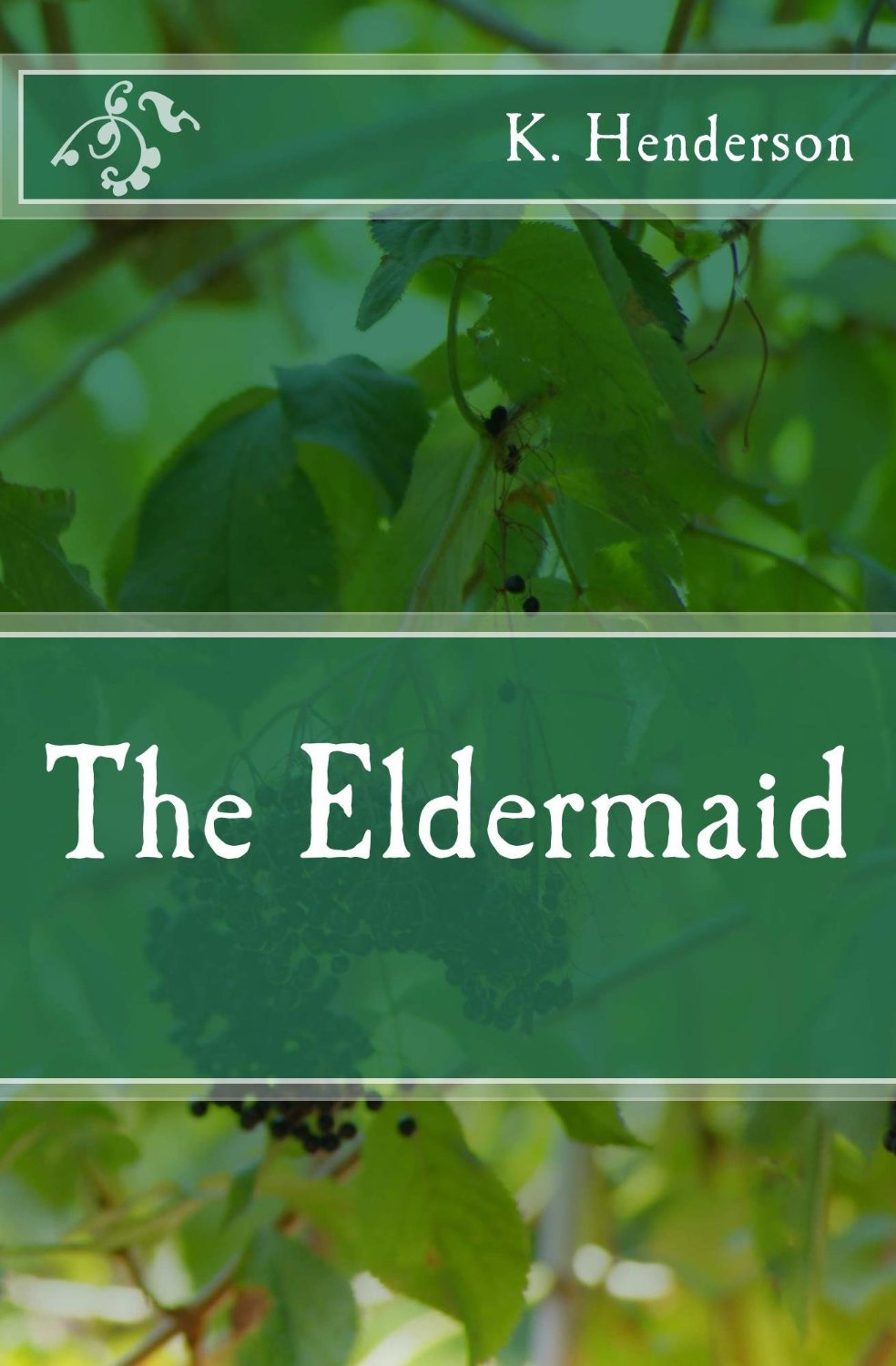“Death is never more than a breath away” I binge read this book in a day! I had wanted to read this book as soon as I read the blurb, but, well, I was late for my review. It helped that it was a very enjoyable story that made you want to read more. ThisRead More
